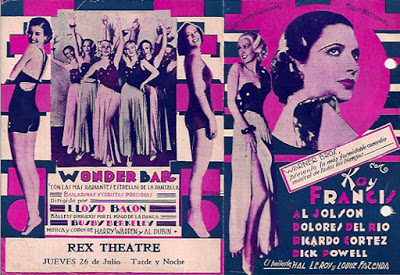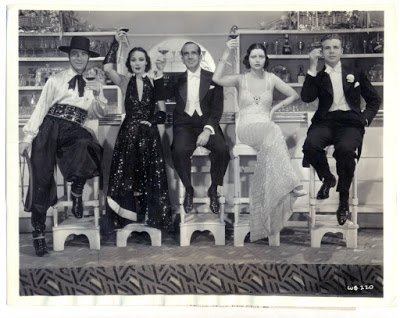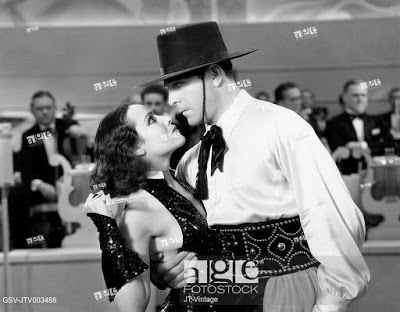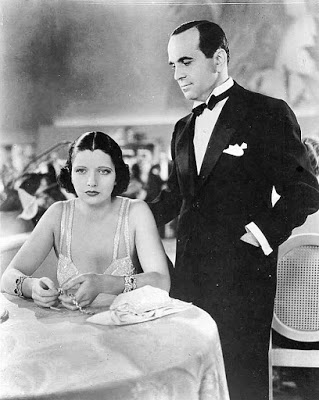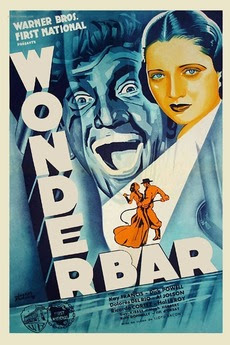Wonder Bar
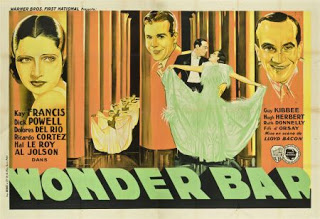
Director:
Lloyd Bacon
Year: 1934
Rating: 5.5
In 1934 the musical
Wonder Bar managed to just slip into theaters before the Breen Era of the
Hays Code came into full effect. The movie industry had been concerned about
pushback from civic groups such as the Catholic League that protested and
formed boycotts of what they perceived as immoral acts in film and so had
created the Hays Code (overseen by Will Hays) in 1930. But initially they
were fairly lax about censoring films – that was to change when Joseph Breen
took over in 1934 and brought a puritanical eye to films. From now on any
film had to first submit its script to the Hays Office to be approved and
often the process became one of bickering and compromise between studios,
directors and the censors. But the censors generally had the last word. They
had a list of taboo’s that were not to be crossed:
